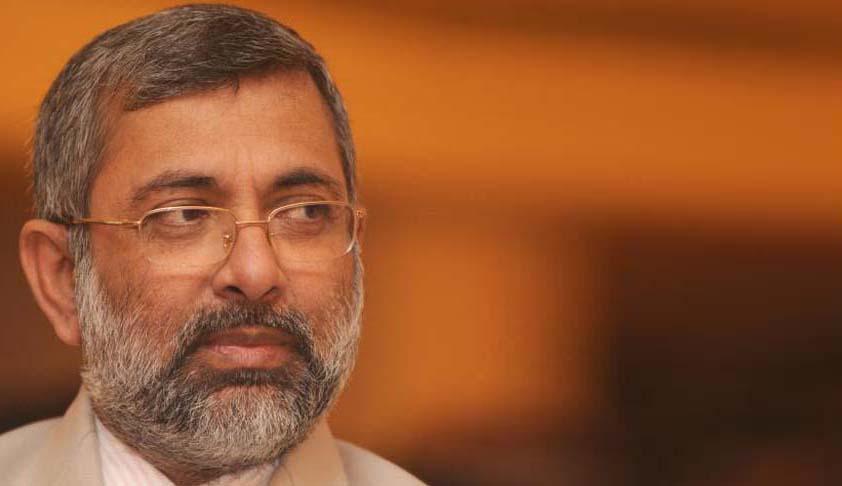Former Kerala state transport minister Thomas Chandy, who has moved the Supreme Court in a Special Leave Petition (SLP) arising out of the judgment dated November 14, 2017, of the Kerala High Court in an illegal encroachment matter, is yet to be afforded an opportunity of being heard.On Friday, the SLP was scheduled for hearing before the bench of Justice Kurien Joseph and Justice Amitava...

